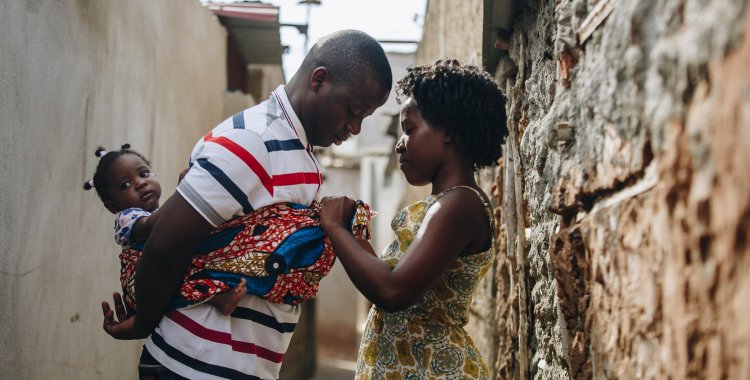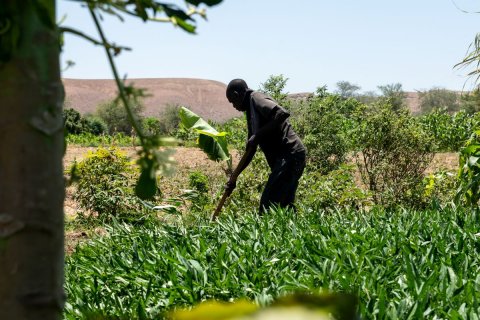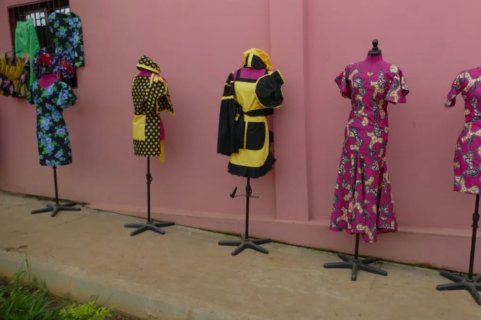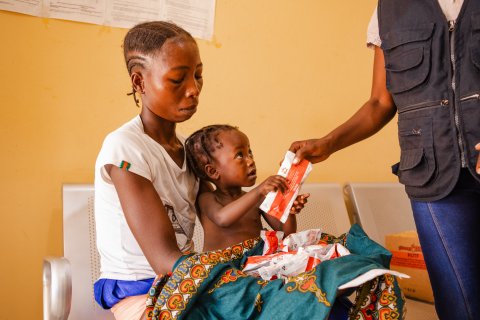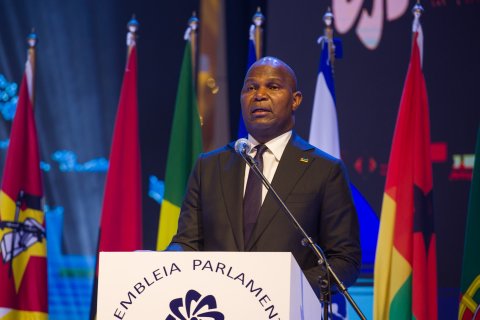The document from the National Institute of Statistics, which uses data from the Angolan Employment Survey (IEA) for the 4th quarter of 2022, states that women aged 15 or over spend an average of 5 hours and 8 minutes per day on unpaid work, while men spend 2 hours and 12 minutes.
In total, considering paid and unpaid work, women work 8 hours and 25 minutes per day, slightly more than men (8 hours and 2 minutes), but have less time available for leisure, training and self-care.
The report notes that "women participated more in unpaid domestic work and spent more time carrying out activities involving caring for others", highlighting that the study allows "identifying gender inequalities" and supporting the definition of public policies.
Despite the greater volume of work, the participation rate of women in training activities was 9.3 percent, lower than that of men (11.8 percent). Women also spend less time per day on leisure activities (2 hours and 37 minutes) than men (3 hours and 27 minutes).
In terms of household chores, 86 percent of the population aged 15 or over participated in some activity, with an average weekly time of 3 hours and 34 minutes. Cooking involved 70 percent of the population, and 65 percent performed cleaning tasks, with an average time of 3 hours and 43 minutes per week.
The INE also shows that married people were the ones who spent the most time on daily shopping (4 hours and 27 minutes per week), followed by separated people, people in a de facto union, single people, widows and divorcees, who spend a third of the time on this task compared to married people.
Other data indicate that 51 percent of the population dealt with family bills or documents, while 18 percent participated in cultural and leisure activities, 30 percent used social networks and 60 percent accessed social media.
School activities took up 12 hours and 43 minutes per week for those involved.
The report, based on the IEA's special module, aims to contribute to public policies that promote "gender equality, balance between personal, family and professional life, well-being, care and social protection".

